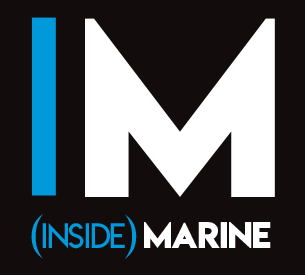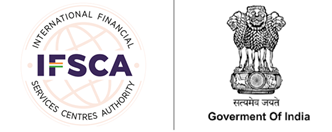By Nikos Romanidis, Propel Shipping
The oceans have long been a theatre of trade, strategy and human advancement. As India steadily advances towards becoming the world’s third-largest economy, its maritime sector emerges as both symbol and driver of this ascent. India Maritime Week 2025 is not merely a landmark gathering; it is a statement of global intent.
As part of this momentum, the evolution of GIFT City IFSC into a ship leasing and maritime finance hub is one of the most forward-looking initiatives in global shipping today.
A strategic parallel: lessons from Europe’s maritime ecosystem
In the Eastern Mediterranean, we have seen how countries with modest populations have shaped the global maritime landscape. Greece, for instance, controls more than 21% of the world’s merchant fleet. This is the result of long-term maritime tradition coupled with policy frameworks that support substance-based operations, streamlined regulatory structures and real presence through operational clusters.
Rather than focusing solely on ownership, the emphasis has been on enabling branches of global shipping companies, with flexibility on flagging, finance and operations – a model that has proven both resilient and attractive.
GIFT IFSC: India’s strategic maritime pivot
GIFT City is now positioned to become the bridge between Asia and global maritime finance. With tailored tax benefits, a unified regulatory framework and the inclusion of ship leasing as a financial product, it offers a new kind of proposition, one that aligns international structuring advantages with India’s emerging maritime ecosystem.
Recent developments such as SEZ Rule 29B revision show promising direction.
The aim must now be to:
- Allow foreign branches and ship lessors to operate with clarity and operational freedom,
- Support bareboat lease-in/lease-out models with streamlined approvals,
- Enable non-cargo port activities (e.g., bunkering, crew change) as legitimate exempt operations,
- And develop an ecosystem where legal, technical, and financial services converge, as we’ve seen in Piraeus, Limassol, or Singapore.
India does not need to replicate, but it can leapfrog by absorbing the tested lessons of these maritime hubs, adapted to its scale, market and diplomatic vision.
From IMW to a global blueprint
India Maritime Week 2025, especially the Blue Economy Finance & Investment Forum on October 29, is the ideal platform to showcase this ambition. As a participant, I view this as a rare convergence of industry, government and strategy.
It is also a diplomatic opportunity. India–Greece maritime ties are gaining new traction. The ongoing engagement between IFSCA and the Greek shipping community is a clear sign of trust and shared purpose.
As Aristotle Onassis once said, “We must free ourselves of the hope that the sea will ever rest. We must learn to sail in high winds.” GIFT City is already setting sail, not just as a zone, but as a vision.


